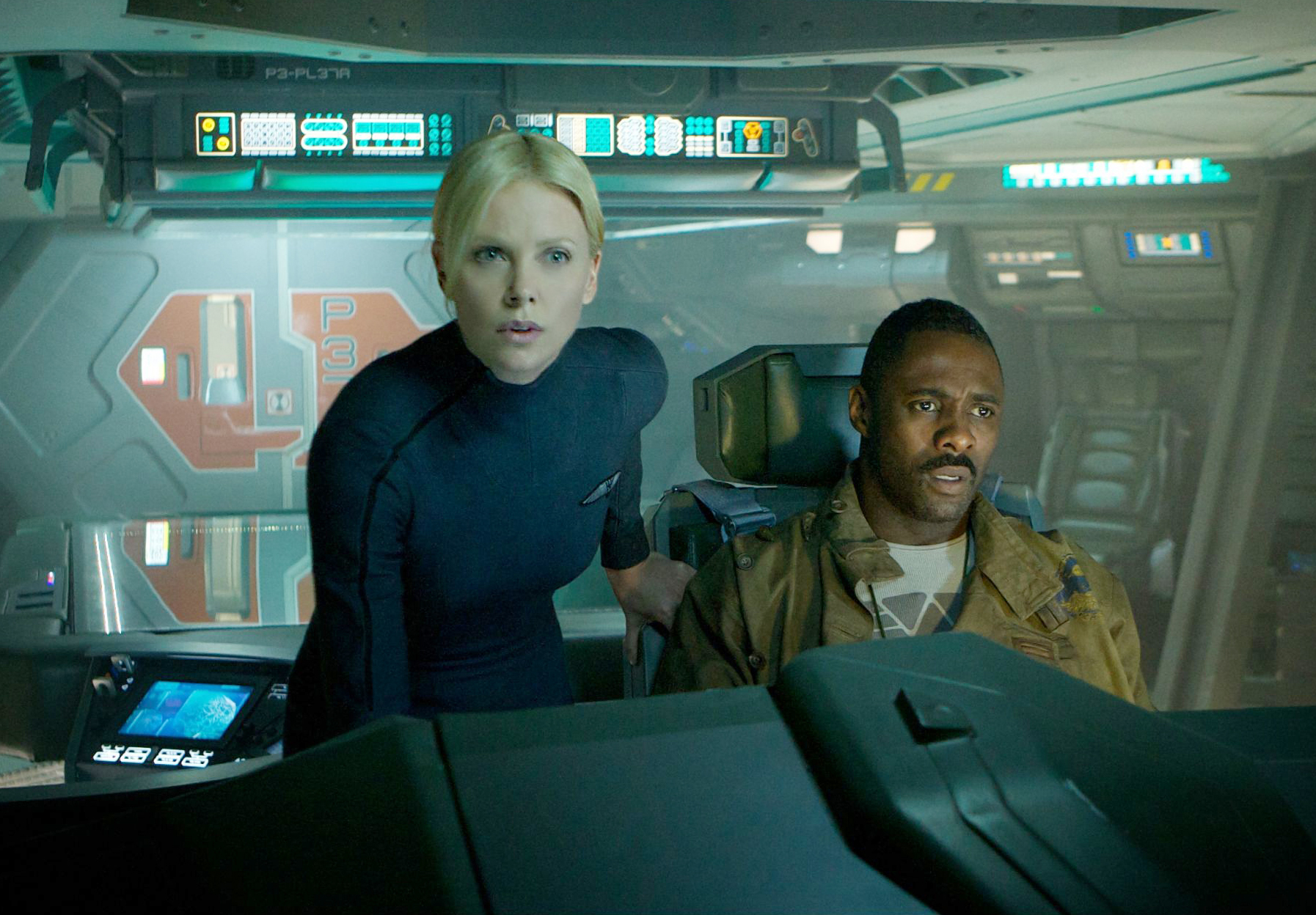To say that I am uncontrollably excited for the release of “Skyfall” would be an understatement. The film has occupied a large portion of my thoughts this quarter, except during the brief period when I had midterms.
The anticipation for the movie is intense. The mysterious trailer, hinting at James Bond’s death, Adele’s recently released theme song and Javier Bardem’s blonde hair have definitely given us things to ponder and avidly await.
But why is everyone, including me, so pumped? After all, the last Bond film, “Quantum of Solace,” was almost painful to watch. Seeing it in the theater once was enough, and I think I only watched it one more time at home, in stark contrast with “Casino Royale,” a film I no longer need to watch as I can quote pretty much every line in every scene.
It was the enormous success of “Casino Royale” that built the audience’s excitement for the next film, and yet, when the next film came out, it was a huge disappointment. And now, who’s to say that they can make a comeback? Why are we so willing to believe that they can?
Maybe it’s the 50-year legacy of Bond, the legend that he is in the modern day, probably the most iconic character in film history. Maybe it’s the cast or the new director, Sam Mendes. Or maybe it’s just because the movie looks good.
But wait. How do we know the movie looks good? The answer is simple: publicity.
Publicity is so powerful, and, if orchestrated correctly, is probably the most clever part of any film’s release.
I remember when I first heard about the 2012 film “Prometheus,” I told myself that there was no way I was going to see that movie, even if it did feature a particular blonde android.
But the genius advertising campaign the film unrolled had me itching to go see it by the time it came out.
First, there was the Weyland Industries advertisement of its new product, the personal assistant android, David (Weyland Industries being the company that funded the space exploration in the film’s story line).
The ad was creepy, but I had never seen anything like it. It was like they were bringing you into the world of the film. The concept was so well-thought-out and delivered that it even featured a line saying “Powered by Verizon,” essentially bringing the Weyland world and the real world together.
Then there was the TED Talk by Peter Weyland that was launched on the TED page itself. In this fake TED Talk set about a decade into the future, the character Weyland, head of his company, described his plans for the voyage of the spaceship Prometheus into space.
The video was so realistic, one of my friends commented that when he stumbled upon it on the TED site, he thought it was an actual TED Talk. Again, the publicity team made us feel like we were living in the Weyland world, and I just couldn’t get over how masterfully executed this campaign was.
Publicity can make anything look good, and when it comes to making a comeback, publicity is essential.
Though Bond’s greatest publicity is Bond himself, it appears that there is definitely a conscious effort to convince the audience that the franchise can yet again be what it once was.
I think strategic planning of how trailers were released this time around is a good indicator of this effort. First, they released the tiniest teaser trailer to taunt fans and then followed it up with ads with gradually increasing reveal. The theme song’s launch (was that leak really an accident?) also seemed to hold some significance. I was told it played on one radio station every hour on the hour after its official release.
Will Bond return to its former glory? Let’s hope my midnight trip to the movies won’t be a waste.
How excited are you for the new Bond film? Email Lillian at lboodaghians@media.ucla.edu.
